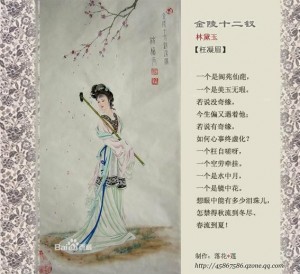Heaney’s Nobel lecture, in which he offered insights into his poetry, can be viewed at YouTube http://youtu.be/P7KzfqtL5qY
EXPOSURE
It is December in Wicklow:
Alders dripping, birches
Inheriting the last light,
The ash tree cold to look at.
A comet that was lost
Should be visible at sunset,
Those million tons of light
Like a glimmer of haws and rose-hips,
And I sometimes see a falling star.
If I could come on meteorite!
Instead, I walk through damp leaves,
Husks, the spent flukes of autumn,
Imagining a hero
On some muddy compound,
His gift like a slingstone
Whirled for the desperate.
How did I end up like this?
I often think of my friends’
Beautiful prismatic counselling
And the anvil brains of some who hate me
As I sit weighing and weighing
My responsible tristia.
For what? For the ear? For the people?
For what is said behind-backs?
Rain comes down through the alders,
Its low conducive voices
Mutter about let-downs and erosions
And yet each drop recalls
The diamond absolutes.
I am neither internee nor informer;
An inner émigré, a grown long-haired
And thoughtful; a wood-kerne
Escaped from the massacre,
Taking protective colouring
From bole and bark, feeling
Every wind that blows;
Who, blowing up these sparks
For their meagre heat, have missed
The once in a lifetime portent,
The comet’s pulsing rose.
(From “North”)
—————-
The main thing is to write
for the joy of it. Cultivate a work-lust
that imagines its haven like your hands at night
dreaming the sun in the sunspot of a breast.
You are fasted now, light-headed, dangerous.
Take off from here. And don’t be so earnest.
(From “Station Island”)
___________________________
✝


